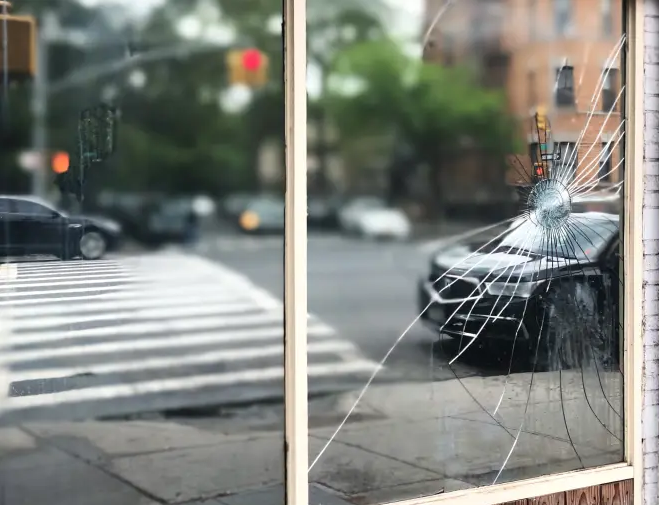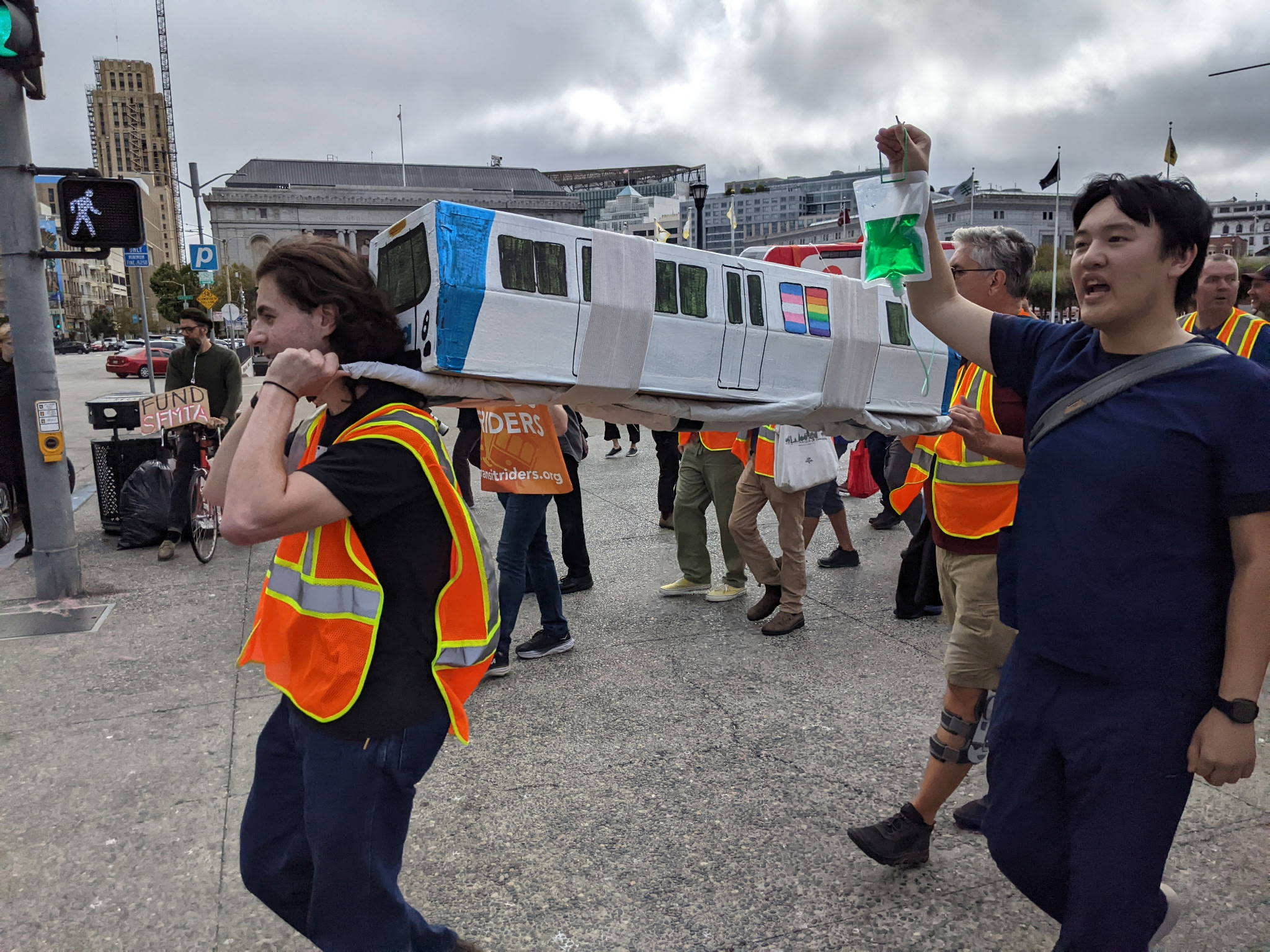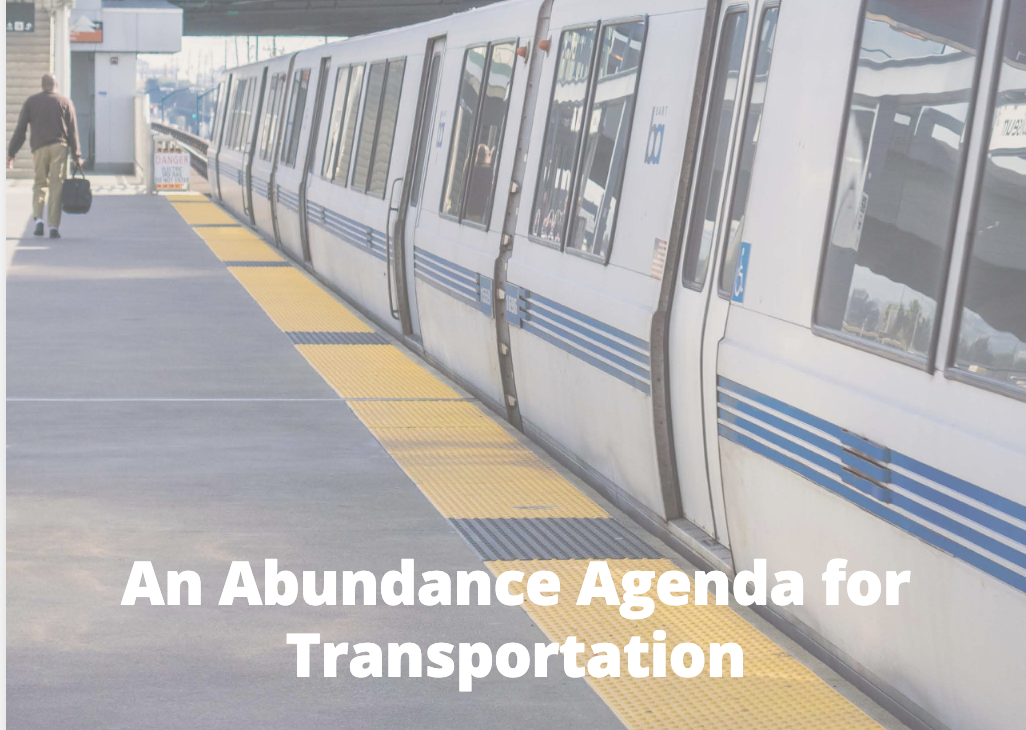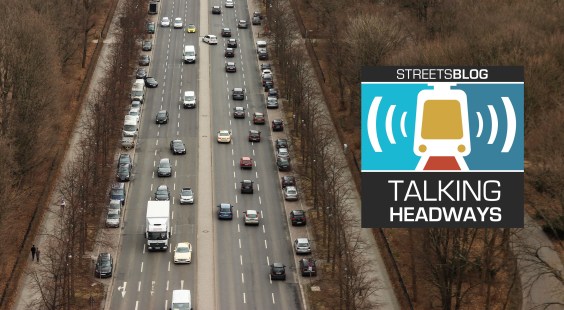The global road death pandemic that claims over a million lives every year is also spawning a devastating global mental health crisis that could itself be making traffic violence trends worse — and researchers say policymakers must do more to prevent car crashes and the psychological impacts that often follow them.
As part of a comprehensive literature review of 20 years' worth of peer-reviewed studies from around the world, a team of Brazilian researchers found that road users are at significantly increased risk of post traumatic stress disorder, depression, and anxiety after surviving motor vehicle collisions — and those who experience more serious crashes experience more serious psychological impacts as well.
That might not seem surprising, given that researchers have claimed since at least 2003 that "motor vehicle accidents," as academics unfortunately tend to call them, are the number one source of PTSD in the United States. What may be surprising, though, is how few resources have been developed to address that problem, which researchers say impacts an unknown but significant percentage of the 20 to 50 million people who are injured in car crashes every year worldwide — not to mention the countless others who aren't physically injured, but are still deeply shaken by their experience.
"We really don’t talk about mental health and car crashes in any capacity in Brazil — and it seems like we talk about it in the global transport [world] is even less," said Felipe Callefi, a professor of mobility and logistics at the Federal University of Santa Maria and a co-author of the paper. "There are little to no policy [standards] worldwide trying to tackle this problem."
Constant triggers, little treatment
Callefi, who co-wrote the study with his wife, psychologist Gisele Marasini, as well as two colleagues, emphasizes that the psychological impacts of car crashes often last far longer than other traumatic events — possibly because victims are relentlessly reminded of what they've endured simply by stepping outside their homes and onto a car-dominated street.
One study in the researchers' sample found that roughly a quarter of adults were still struggling with depressive mood and persistent stress a year after the collision, while another found that 87 percent reported some form of "psychiatric effects" a full two years post-crash. And considering how many Americans struggle to access mental health treatment, it's a pretty safe bet that a lot of crash victims are navigating those challenges without professional help.
"We tend re-live car crashes, because we find ourselves in traffic every day," Caleffi added. "[Oftentimes,] we might even have to pass the site of the crash, again and again, and that triggers us ... If left untreated, we often internalize these traumas very deeply."
For some road users, car crashes can be even more devastating. Researchers found that pedestrians, in particular, struggled with "travel phobia" across all modes after a crash, which Caleffi hypothesizes is because being struck on foot can make walkers feel particularly and terrifyingly helpless — and fearful that it could happen again at any time.
"Drivers feel like they're in more in control of the situation, even in a crash," he added. "Pedestrians, though, don't feel that way — and [afterwards], they tend not to be comfortable being a pedestrian, or even being a vehicle passenger, for a very long time."
Crash psychology may spur dangerous driving
How traffic violence victims express their trauma varies across groups, too. Women-identified people reported significantly higher rates of PTSD, anxiety, and depression than their male counterparts, though psychologists aren't totally sure why. Some speculate that "women are more vulnerable to the onset of internalizing disorders, such as depressive disorders and anxiety disorders," while "men are more vulnerable to developing externalizing disorders, such as substance abuse" — which Caleffi says could help explain why men involved in car crashes are so much more likely to be involved in future car crashes, and ultimately, to die on the road.
According to the Insurance Institute for Highway Safety, a shocking 72 percent of U.S. passenger vehicle deaths, 71 percent of pedestrian deaths, 87 percent of bicyclists deaths, and 92 percent of motorcyclist deaths in 2020 were men, even though women are more likely to die in crashes of similar severity on those same modes because of the sexist ways we design and test most vehicles.
"There's evidence that women tend to become more cautious [after a car crash]; men become more aggressive," he added. "It's almost like men think, 'I survived, so I must be Superman; now I can drive even more recklessly.'"
Put another way: the failure to treat the mental health challenges that arise after car crashes, especially among drivers who identify as male, may itself be speeding the global traffic violence epidemic for everyone.
'We need to take people out of cars'
Perhaps the one bright spot in the research about motor vehicle trauma — and it's still a dim one — is that not everyone suffers from it quite as much as the most-impacted groups.
The researchers found that young children, in particular, tend to psychologically rebound from collisions more quickly than adults, possibly because they're not yet socialized to avoid coping strategies that can help them heal, like simply talking about the experience with someone they trust.
People on bikes, interestingly, also fared better psychologically when researchers checked in with them 12-months post impact, which the study authors "cautiously hypothesize" has to do with cyclists' "superior pre-crash functioning and healthier profile" — basically, that the mental health benefits they'd already reaped from regular riding may have insulated them from the psychological impacts of a collision.
Caleffi emphasizes that the better way to prevent crash trauma, though, is to develop robust protocols to assess and treat for it, as well as to expand access to long-term rehabilitation for people who need it. In the long run, though, he hopes that far fewer people will need those interventions — because someday, if Vision Zero succeeds, they won't be involved in crashes at all.
"The first thing we have to do is to prevent the crashes — because if we do that, we erase the mental health problem related to crashes," he added. "And since I’m from the transportation engineering space, I can say a little more directly that we also need to take people out of cars, and we need people ride public transport and take active transportation instead."






